
Abdel-Wahed El-Wakil is the recipient of the Driehaus Prize 2009
Architect Abdel-Wahed El-Wakil has been appointed the seventh laureate of the Driehaus Prize for Classical Architecture. The most prestigious international award for contemporary traditionalist architects, accompanied by a cash prize of $200,000, was awarded to him by a committee established by the School of Architecture at the University of Notre Dame in the USA. This time, its members included, alongside the sponsor Richard Driehaus, architects Michael Lykoudis, David Schwarz, and Léon Krier, critic Paul Goldberger, founder of the city of Seaside Robert Davis, and president of the American Academy in Rome, Adele Chatfield-Taylor.
Abdel-Wahed El-Wakil (* 1943, Cairo)
Studied at British secondary schools in Egypt and at the Faculty of Engineering in Ain Sham
1965-70 - lectures at the Institute of Architecture there, realization of modernist apartment buildings
1967 - meeting with Hassan Fathy, a pioneer of regionalist architecture in the Islamic world; El-Wakil stops believing in modernism, eventually leaves school, and becomes Fathy's apprentice
- five-year collaboration with H. Fathy: mastery of traditional crafts and technologies of earthen and brick masonry and arching without reinforced concrete, during a period of economic crisis in Egypt costly and difficult to obtain
from 1973 - large contracts in Saudi Arabia: aristocratic residences and state mosques in key centers of faith (Jeddah, Medina) in traditional Arab style and material execution
- mosques, Muslim centers, and private homes outside Saudi Arabia: Greece, Florida, Bahrain, Brunei, Johannesburg, Oxford
- projects combining modern functions with traditional Arab forms remained mostly unrealized: car showrooms, department stores, lighthouses, office buildings
Realizations
Halawa House, Agamy, Egypt, 1975 - in 1980 received the Aga Khan Award for Architecture, respecting the needs of Islamic society
King Saud Mosque, Jeddah, 1987 - a dome with a height of 40 m and a diameter of 20 m vaulted from bricks without the use of concrete, despite protests from structural engineers
Corniche Mosque, Jeddah, 1988 - awarded again with the Aga Khan Award in 1989
Oxford Centre for Islamic Studies, new building completed in 2007 - an institution founded in 1985, sponsored by private individuals and the governments of Arab countries; the patron is Prince Charles, a lover of traditional Islamic art, who recommended El-Wakil as the architect; the complex, again excluding steel and concrete, brings a synthesis of building forms of Oxford colleges with traditional Arab morphology as "a unique symbol of harmony between two ancient traditions of knowledge connected for the purpose of acquiring knowledge"
References:
> Traditionalism in Contemporary World Architecture [archiweb.cz]
> www.driehausprize.org
Abdel-Wahed El-Wakil (* 1943, Cairo)
Studied at British secondary schools in Egypt and at the Faculty of Engineering in Ain Sham
1965-70 - lectures at the Institute of Architecture there, realization of modernist apartment buildings
1967 - meeting with Hassan Fathy, a pioneer of regionalist architecture in the Islamic world; El-Wakil stops believing in modernism, eventually leaves school, and becomes Fathy's apprentice
- five-year collaboration with H. Fathy: mastery of traditional crafts and technologies of earthen and brick masonry and arching without reinforced concrete, during a period of economic crisis in Egypt costly and difficult to obtain
from 1973 - large contracts in Saudi Arabia: aristocratic residences and state mosques in key centers of faith (Jeddah, Medina) in traditional Arab style and material execution
- mosques, Muslim centers, and private homes outside Saudi Arabia: Greece, Florida, Bahrain, Brunei, Johannesburg, Oxford
- projects combining modern functions with traditional Arab forms remained mostly unrealized: car showrooms, department stores, lighthouses, office buildings
Realizations
Halawa House, Agamy, Egypt, 1975 - in 1980 received the Aga Khan Award for Architecture, respecting the needs of Islamic society
King Saud Mosque, Jeddah, 1987 - a dome with a height of 40 m and a diameter of 20 m vaulted from bricks without the use of concrete, despite protests from structural engineers
Corniche Mosque, Jeddah, 1988 - awarded again with the Aga Khan Award in 1989
Oxford Centre for Islamic Studies, new building completed in 2007 - an institution founded in 1985, sponsored by private individuals and the governments of Arab countries; the patron is Prince Charles, a lover of traditional Islamic art, who recommended El-Wakil as the architect; the complex, again excluding steel and concrete, brings a synthesis of building forms of Oxford colleges with traditional Arab morphology as "a unique symbol of harmony between two ancient traditions of knowledge connected for the purpose of acquiring knowledge"
References:
> Traditionalism in Contemporary World Architecture [archiweb.cz]
> www.driehausprize.org
The English translation is powered by AI tool. Switch to Czech to view the original text source.
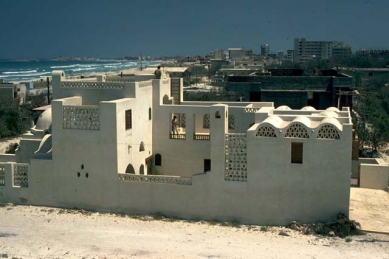
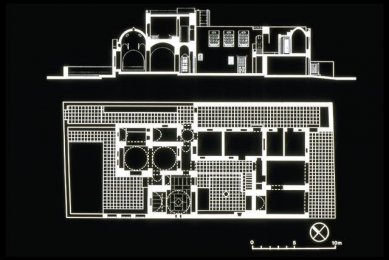
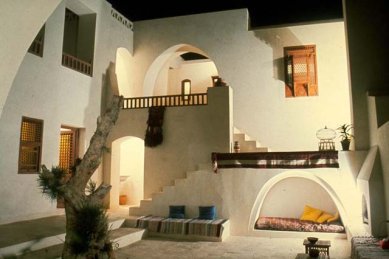
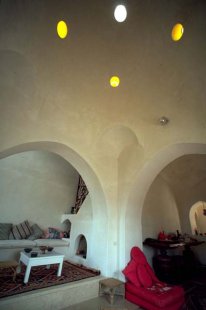


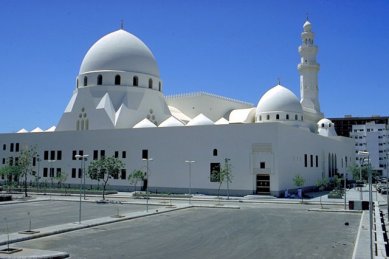

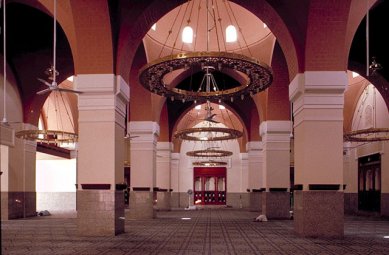
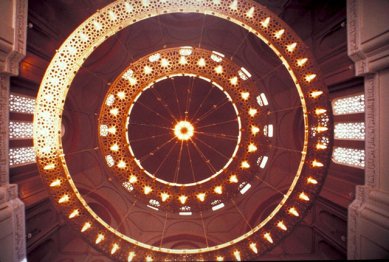
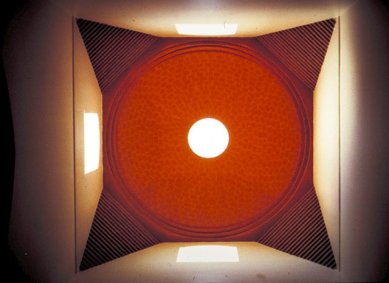
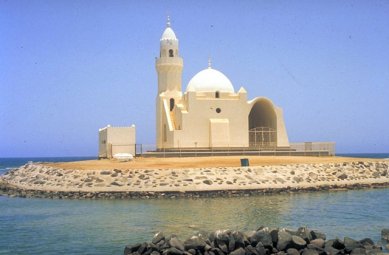
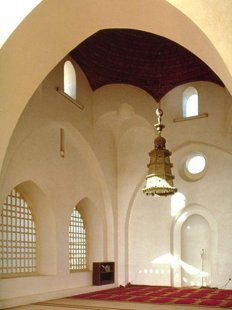


8 comments
add comment
Subject
Author
Date
velmi hezké
Eva
22.01.09 04:38
tradice
Vích
22.01.09 06:59
tradice
petrik
22.01.09 10:50
mi tak napadá, že
Vích
23.01.09 12:45
ad pan Vích
24.01.09 07:01
show all comments
Related articles
0
24.02.2021 | The holder of the Driehaus Prize 2021 is Sebastian Treese
0
24.03.2020 | The holder of the Driehaus Prize 2020 is Ong-ard Satrabhandhu
0
07.02.2019 | The holder of the Driehaus Prize 2019 is Maurice Culot
0
19.01.2018 | The holders of the Driehaus Prize 2018 are Marc Breitman and Nada Breitman-Jakov
0
23.02.2017 | <span style="font-weight:bold;">The holder of the Driehaus Prize 2017 is Robert Adam
1
04.02.2016 | The holder of the Driehaus Prize 2016 is Scott Merrill
0
22.01.2015 | The holder of the Driehaus Prize 2015 is David M. Schwarz
0
03.01.2014 | The holder of the Driehaus Prize 2014 is Pier Carlo Bontempi
0
15.12.2012 | The holder of the Driehaus Prize 2013 is Thomas Beeby
0
29.01.2010 | The holder of the Driehaus Prize 2010 is Rafael Manzano Martos









